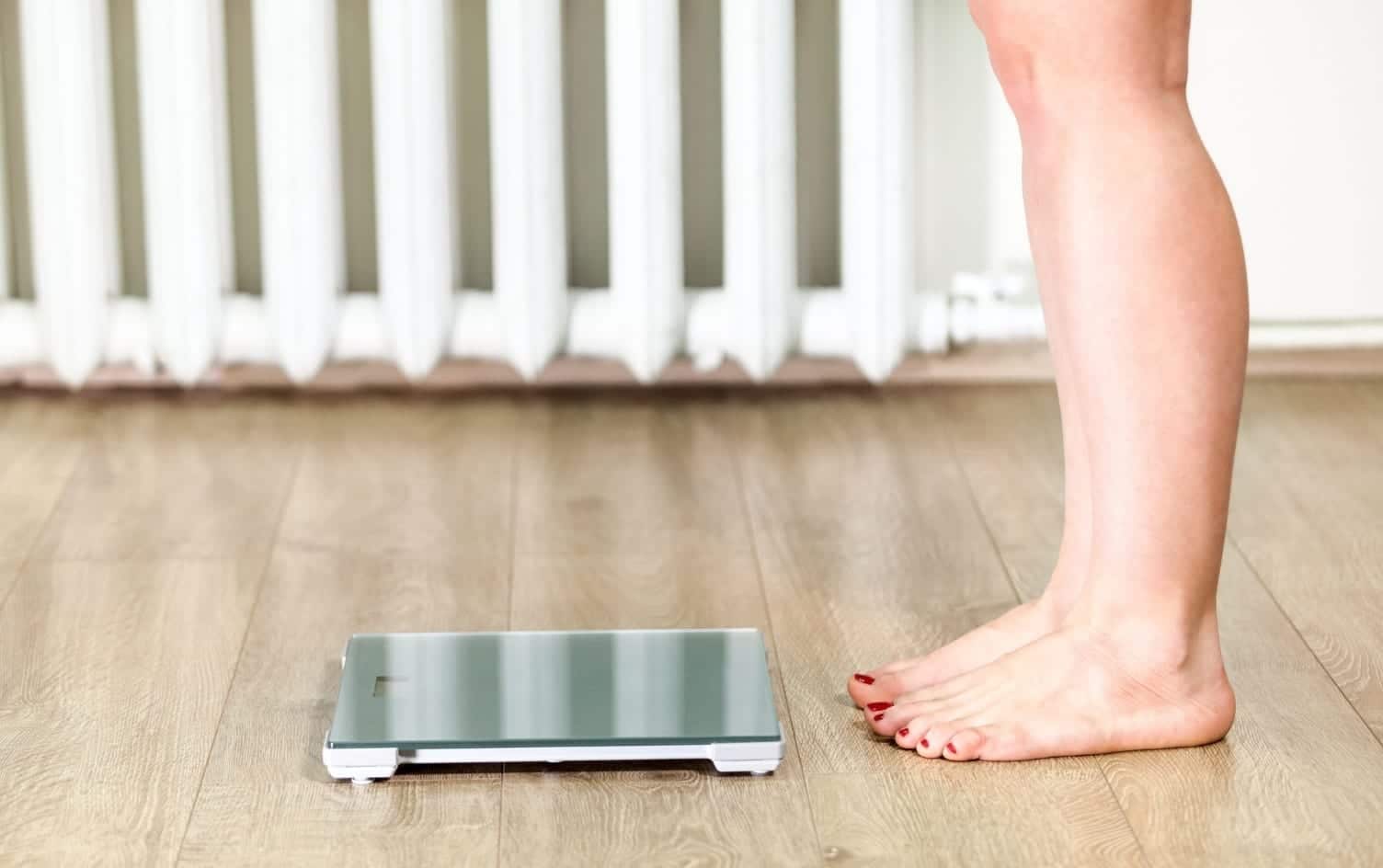The children’s television host Mister Rogers famously weighed himself every day after going for a swim. Such was his consistency in diet and exercise that, every day, he weighed exactly 143 pounds. (A total that tickled him, because the numbers 1-4-3 correspond to how many letters are in the phrase, “I love you.” Classic Mister Rogers right there.)
We can’t all be Mister Rogers for many reasons, but the anecdote might make you wonder: How often should you weigh yourself, anyway? Should you, like Fred Rogers, do so right after vigorous exercise, or is there another time of day that’s best? What should you do if your results are something other than the exact same thing every day? Oh, and what kind of scale should you use? And hey, Mister Rogers was a pretty slight fellow, huh?
We’ve answered these questions below. (OK, maybe not that last one.)
WHAT KIND OF SCALE SHOULD I USE?
First and foremost, if your aim is to lose (or gain) weight, the most important thing is consistency. That includes using the same scale every day — even if the number may be a little off, it should still be accurate in terms of weight loss or gain.
That said, you should still aim for accuracy. The simplest way to calibrate a scale is to remove everything from it, and then make sure the read out is exactly 0.0 pounds.
Because this is 2019, you can buy a scale with Wi-Fi that syncs to your favorite health-tracking app and devices. These scales might also permit you to register multiple users, so you and anyone else in your home can track your progress seamlessly. Some also measure additional things like body fat. Whether you need all that is up to you.
WHAT TIME OF THE DAY SHOULD I WEIGH MYSELF?
What matters most is consistency. You don’t want to compare how much you weigh in the afternoon right after lunch to how much you weigh first thing in the morning when you’ve gone several hours without food. Your weight can fluctuate nearly 10 pounds over the course of a day (though a 2- to 5-pound variance is more typical), and you don’t want to mistake that for weight gain or loss.
That said, consider weighing yourself first thing in the morning after using the restroom. This is typically your longest gap between meals, so your weight won’t be affected by how much (or how little) you just ate. It’s also likely to be one of the easiest times of day for you to strip down and hop on the scale.
WHAT ABOUT AFTER A WORKOUT?
It can be tempting to weigh yourself right after a workout. You might be stripping down to shower, after all, and the scale is right there. But unless you work out exactly the same way every day, you won’t be getting a consistent read out. (In other words, you won’t be comparing like to like.) In addition, the scale won’t reflect your true weight. If you sweat a lot, for example, you’ll have lost water weight. (And if you overhydrate, you might actually gain water weight.) As we mentioned above, Mister Rogers would weigh himself after a swim, so this is one case where we can actually say not to imitate “The Cardiganed One.”
Now, if you’re tracking hydration, you’ll want to weigh yourself before a workout and again after the workout. For every pound lost, you’ll want to drink 16 ounces of water.
WHAT SHOULD I WEAR WHEN WEIGHING MYSELF?
Simply put, you’re weighing yourself. Which means you should only weigh your self — with as little else as possible. Clothes add two or three pounds. Your shoes add another one or two. If possible, remove that uncertainty by removing your clothes and weigh yourself dry (no wet hair) for the most accurate reading. Because you wear different clothes and shoes every day, wearing them during weigh-ins also produces inconsistent results from day to day.
HOW OFTEN SHOULD I WEIGH MYSELF?
To a certain extent, how often you weigh yourself depends on why you’re weighing yourself. If, like Mister Rogers in the opening anecdote, you’re simply checking in, by all means, hit the scale every day. If, however, you’re aiming to shed pounds (or, perhaps, go the other way by adding muscle), you might be disappointed with the lack of day-to-day progress. Day-to-day measurements can also be noisy, affected by how much you did or didn’t eat the previous day or how much you did or didn’t exercise. If you’re committed to your goal, you don’t want to get discouraged (or encouraged) by a faulty number.
It really depends on what kind of goal-setter you are. But again, if you’re hoping to achieve a loss or gain, it might be better to monitor your progress week to week, month to month. If you want to weigh yourself every day for your own personal reasons, though, go ahead.
HOW IMPORTANT IS MY WEIGHT, REALLY?
As you probably already know, there is good weight and there is bad weight. Two people can stand the same height and weigh the same amount, and be completely different in terms of their overall health. You should certainly consider talking with a doctor, a trainer or both before pursuing a high volume of weight loss or gain. But if you’ve done so and have a goal, keep all of the above in mind as you pursue it.




